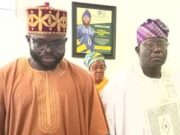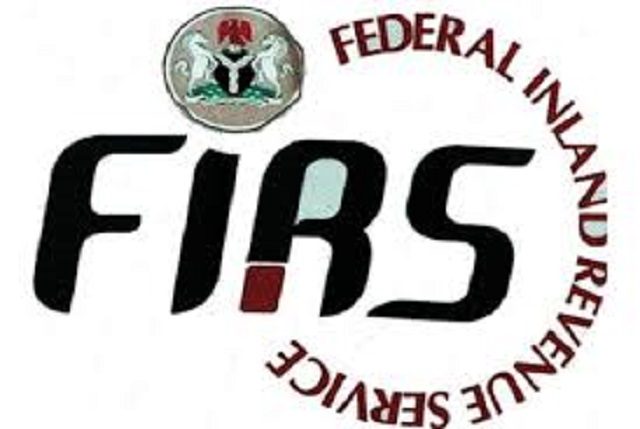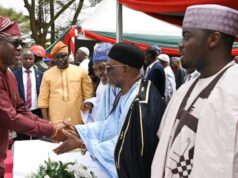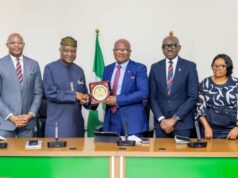The Federal Inland Revenue Service (FIRS) has taken steps to deepen public understanding of tax policies and reforms by actively engaging media professionals, aiming to foster voluntary compliance among Nigerian taxpayers.
At a media sensitisation programme held in Abuja, Arabinrin Aderonke Atoyebi, Technical Assistant (Broadcast Media) to the Executive Chairman of the FIRS and convener of the session, explained that the initiative goes beyond publicising the agency’s work. According to her, the objective is to provide clarity on tax policies, reform initiatives, and the data behind them, equipping journalists to communicate tax issues more meaningfully to the wider public.
“The presence of the media here shows the importance of sustained collaboration between tax authorities and journalists in promoting public engagement, awareness, and accountability,” she said.
Atoyebi also noted that the North Central region, despite being rich in natural and human resources, still faces developmental challenges that can be better addressed when an informed media helps amplify policy impact and build trust among citizens. She encouraged journalists to embrace open dialogue, critical questioning, and deeper collaboration, describing the media as a vital bridge between citizens and decision-makers.
In his remarks, the Director of the Communication and Liaison Department, Dr. Abdullahi Ismaila, highlighted the central role of data in strengthening the credibility of tax-related reporting.
He cautioned that data should not be viewed merely as abstract numbers, but rather as information that includes both quantitative and qualitative insights that must be interpreted and applied responsibly.
“Data now controls the global information system,” Dr. Ismaila said, adding that accuracy and careful analysis are critical for ensuring that information shared with the public is both reliable and useful.
He acknowledged that tax language can be technical and difficult for many Nigerians to grasp. To address this, he recommended a communication strategy that simplifies complex tax terms into everyday language that resonates with the average person. According to him, translating tax messages into layman’s terms can make them more relatable and, ultimately, more effective.
On the issue of trust deficit between citizens and government, Dr. Ismaila observed that while the media rightly report inefficiencies and challenges, positive reforms and progress often receive less coverage. He urged journalists to find a balance by also reporting tangible improvements, as this can help build public confidence.
He concluded by noting that the media and tax authorities share a common responsibility in driving national development. Dr. Ismaila called on journalists to always consult accurate data, ask questions where necessary, and uphold ethical standards when reporting on tax matters, as this partnership can significantly improve tax awareness and compliance across the country.
Credit: thenationonlineng.net











































































